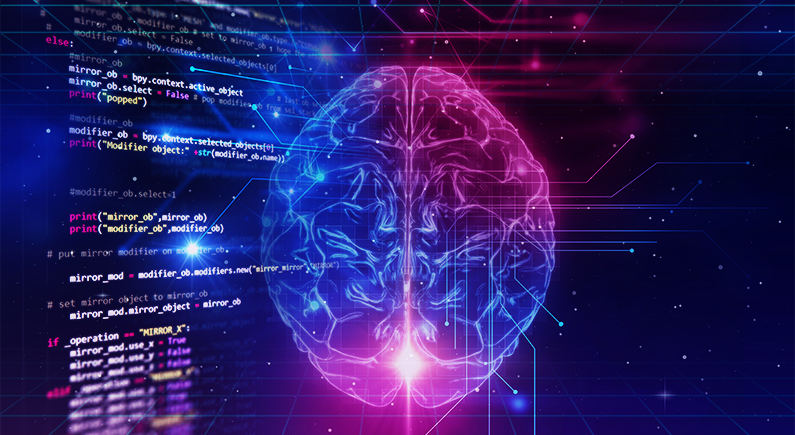Quantum AI: When Deep Tech converges

Artificial intelligence is set to possibly be the most disruptive technology of our age. The ability to create intelligent and, more impressively, self-learning systems holds the potential to overhaul entire economic sectors for the better. In fact, research by some of the leading advisory firms in the field of Deep Tech have noted that the contributions that AI could make to the global economy can only be compared to the entire GDPs of first-rate developed nations.
This being said, modern AI systems are only as sophisticated as contemporary data sets allow them to be. As these datasets become more and more limited, the future of AI may hinge on other frontier technologies that may augment the algorithms at the core of these systems. Quantum AI may be one of the leading solutions.
What is: Quantum AI
Our contemporary computing framework relied on binary systems. Quantum computing is built on the more fundamental layer of reality that underlies Newtonian physics, with subatomic superposition being a basis of this frontier tech.
Traditionally, a computing system would store and process data in 1’s and 0’s, states of “off” and ”on.” However, in a quantum computing-based paradigm, the system would also be able to store and process data in superimposed states of combinations that surpass the binary framework of “on” and ”off.” This allows quantum computers to solve complex issues much faster and more efficiently than traditional computers could.
This opens the possibility of a new breed of supercomputers based on quantum mechanics, being able to process information in novel ways and find patterns in big data that are fundamentally impossible to locate through legacy computers. With their ability to analyze a wider range of data, come to better conclusions and surpass the binary limitations of traditional computers, Quantum AI could come to dwarf anything we have today could accomplish.
Quantum AI: How it would be better
Even using legacy systems, Artificial intelligence has come a long way from its rudimentary origins. With engines like DALL.E being able to paint entire canvases in seconds with only a few sentences of prompting to the latest in self-driving technology hitting the streets and the skies, modern advances in Artificial Intelligence are only now being unlocked.
Quantum AI overhauls one of the most fundamental issues of the sector; that of machine learning. An AI system needs to be “trained” to be able to digest incoming data, establish causality and act on outcomes. For example, in order for an autopilot algorithm to properly identify “pedestrians”, it needs to be shown tens of thousands of images or videos in order to be able to demarcate a “pedestrian” from its surrounding context. Moreover, AI models are generally only able to understand a single “language”, that they are being trained in.
Quantum AI, being based on a more “flexible” and more powerful foundation, is able to break through the language barrier. Allowing for a much more powerful level of interoperability, Quantum AI would be able to understand and interpret several different languages simultaneously. Beyond this, the ability to make more accurate judgements and predictions due to the availability of more comprehensive data sets allow these algorithms to be much more functional in real life scenarios such as financial analysis.
Flipping the coin: how AI could help Quantum Computing
On the other hand, Artificial intelligence has the potential to be a vital pillar in the growth of the Quantum Computing ecosystem. A field in its own, Quantum Computing may come to “use” artificial intelligence as one of its main marketable use-cases. Beyond economic reasons, AI might become a fundamental aspect of this novel frontier on a technological level. This could include optimization, problem solving and the guidance of program runtimes.
Join us in AIBC Belgrade, Serbia from the 22-25th August:
With the peninsula being known for its natural beauty, rich cultural landscape and fantastic delicacies, the Balkans are renowned for having some of the most quintessentially Mediterranean vistas and experiences. From the Adriatic coastline of Split to the fairytale-esque castle of Lake Bled, the region has a lot to offer the world. This being said, something that fewer may know is the fact that the nations of the Balkans are incubating a nascent but powerfully growing technical expertise when it comes to frontier technology such as Blockchain, GameFi, AI and more. Therefore the region may not only be a rich adventure into the past but my also serve as a window into the very near future.
Join us in Belgrade for the best the industry has to offer and for a window into the future of Deep Tech. To learn more about sponsorship and speaking opportunities or to inquire about attending the event, please contact Sophie at [email protected]. If you’re interested in being one of leading speakers for Belgrade, contact [email protected]






